We will address following frequently asked questions related to Coronavirus COVID-19, entirely based on the information available on Ministry of Health and Family Welfare Government of India
- What is COVID-19?
- How does COVID-19 spread?
- Which group of people are at higher risk of getting infected?
- How to avoid getting COVID-19 or spreading it?
The sole of aim of this article is to spread the awareness about Coronavirus as provided by Government of India. The most important factor in preventing the spread of the CoronaVirus is to empower all the citizens with the right information and taking precautions as per the advisories being issued by the Ministry of Health & Family Welfare.
What is COVID-19?
COVID-19 is a disease caused by the “novel corona virus”. Common symptoms are:
- Fever
- Dry cough
- Breathing difficulty
- Some patients also have aches and pains, nasal congestion, runny nose, sore throat or diarrhoea
About 80% of confirmed cases recover from the disease without any serious complications. However, one out of every six people who gets COVID-19 can become seriously ill (as per WHO) and develop difficulty in breathing.
In more severe cases, infection can cause severe pneumonia and other complications which can be treated only at higher level facilities (District Hospitals and above). In a few cases it may even cause death.
How does COVID-19 spread?
- COVID-19 spreads mainly by droplets produced as a result of coughing or sneezing of a COVID-19 infected person. This can happen in two ways:
- Direct close contact: one can get the infection by being in close contact with COVID-19 patients (within one Metre of the infected person), especially if they do not cover their face when coughing or sneezing.
- Indirect contact: the droplets survive on surfaces and clothes for many days. Therefore, touching any such infected surface or cloth and then touching one’s mouth, nose or eyes can transmit the disease.
- The incubation period of COVID 19 (time between getting the infection and showing symptoms) is 1 to 14 days
- Some people with the infection, but without any serious symptoms can also spread the disease.
Which group of people are at higher risk of getting infected?
- People who have travelled to other countries in last 14 days and their family members.
- People coming from other states if they have been working with people who travelled to other countries in last 14 days.
- Family members and contacts of patients confirmed to have COVID-19.
- People older than 60 years of age and people with medical problems like high blood pressure, heart problems, respiratory disease/asthma, cancer or diabetes are at higher risk for developing serious complications. Health Advisory for Elderly Population of India during COVID19 Pandemic
How to avoid getting COVID-19 or spreading it?
Practice Social Distancing:
- Avoid gatherings such as melas, haats, gatherings in religious places, social functions etc.
- Stay at home as much as possible. #staysafestayhome
- Maintain a safe distance of at least 1 Meter between you and other people when in public places, especially if they are having symptoms such as cough, fever etc. to avoid direct droplet contact.
- Avoid physical contact like handshakes, hand holding or hugs.
- Avoid touching surfaces such as table tops, chairs, door handles etc.
Practice good hygiene
- Wash your hands frequently using the soap and water:
- After coming home from outside or meeting other people especially if they are ill.
- After having touched your face, sneezing or coughing.
- Before preparing food, eating or feeding children.
- Before and after using toilet, cleaning etc.
- While sneezing or coughing cover your nose and mouth with handkerchief. Wash the handkerchief daily
- It is preferable to cough/sneeze into your bent elbow rather than your palms.
- Do not Spit or shout in public places to avoid the spread of droplets.
- Do not touch your eyes, nose and mouth with unclean hands.
- Ensure that the surfaces and objects are regularly cleaned.
Instructions for the person being Home Quarantined
- Stay in a separate room at home, if possible with an attached/separate toilet. Try to maintain a distance of at least 1 meter from others
- Wear a mask at all times. If masks are not available, take a clean cotton cloth , fold it into a double layer and tie it on your face to cover your nose and mouth
- Use separate dishes, towels, bedding etc. which should be cleaned separately
- The surfaces such as floor, table tops, chairs, door handles etc. should be cleaned at least once a day
- Make sure that only one assigned family member is the caretaker
Instructions for the caretaker of the Home Quarantined person
- Keep a distance of one metre when entering the room
- Wear a mask or cover your face with double layered cotton cloth
- Wash your hands after coming out of the room
How to use masks (or cloth covering the nose and mouth)
- Wash your hands before putting on the mask
- Make sure that it covers both mouth and nose and is not loose.
- Do not touch the mask from the front, touch only from the sides.
- Make sure to wash your hands after changing the mask
- Change the mask every 6-8 hours or when it becomes moist
- If using disposable masks, have a dustbin with cover and a plastic bag lining to throw the masks in.
- If using cloth masks, wash them at least daily
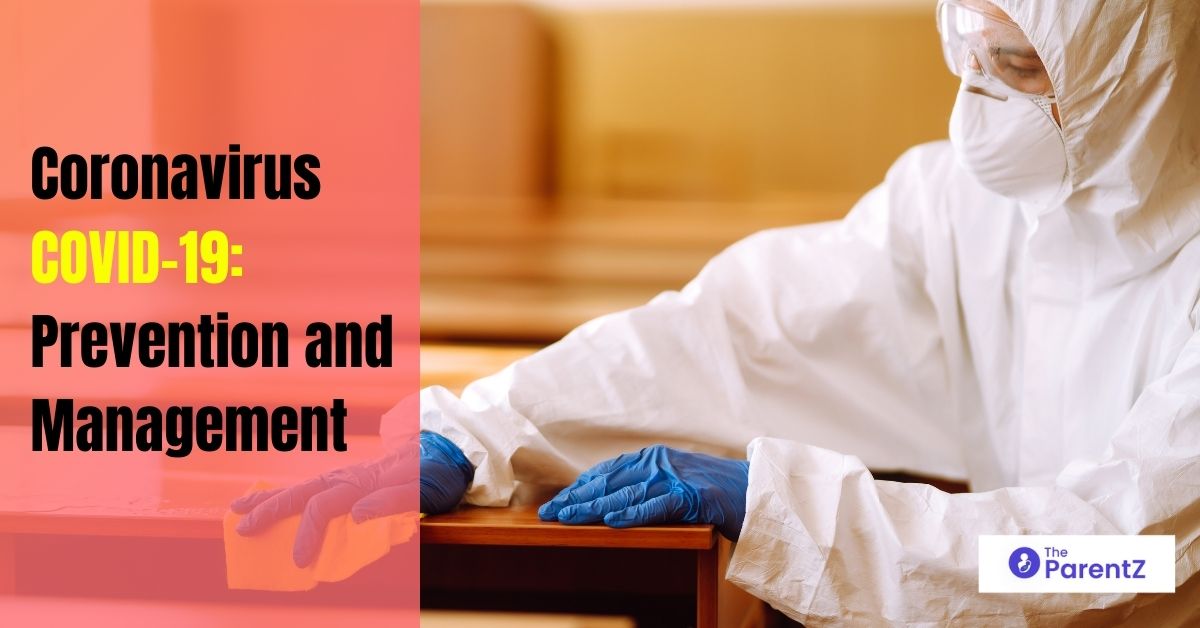



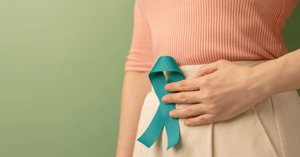
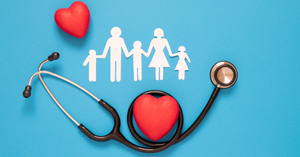
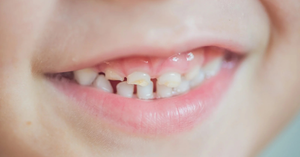
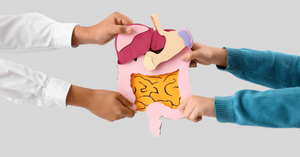

Be the first one to comment on this story.